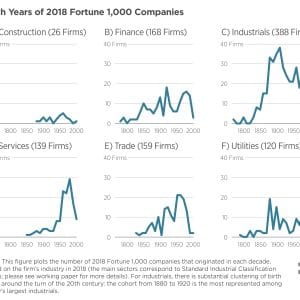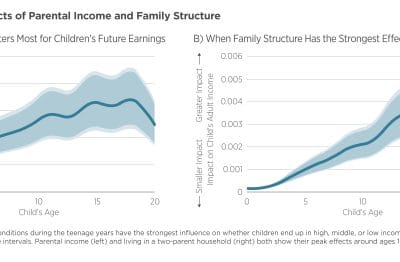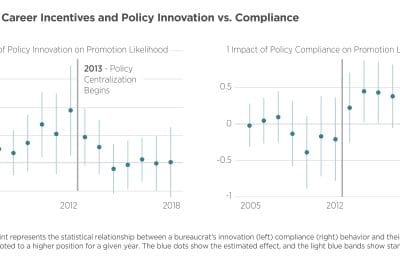Research Briefs
Superstar Firms Through the Generations
The Effects of Parental Income and Family Structure on Intergenerational Mobility: A Trajectories-Based Approach
Laboratories of Autocracy: Landscape of Central–Local Dynamics in China’s Policy Universe
BFI Data Studio
The Hidden Volatility of American Workers’ Paychecks
Why Has Regional Income Convergence in the U.S. Declined?
Building Costs and House Prices
Podcasts
The Law of Unintended Consequences: How Dobbs Changed Contraceptive Choices
Finding Your Why at Work: The Economics of Purpose
Stuck: How Housing Regulation Ended America’s Mobility Revolution
Initiative Insights
Reframing the Safety Net: Manasi Deshpande on the Unseen Impacts of Disability Policy
What Two Years of Predoctoral Research Taught One Aspiring Economist
The Surgeon Shuffle: How Moving Doctors Across Hospitals Can Save Lives






























